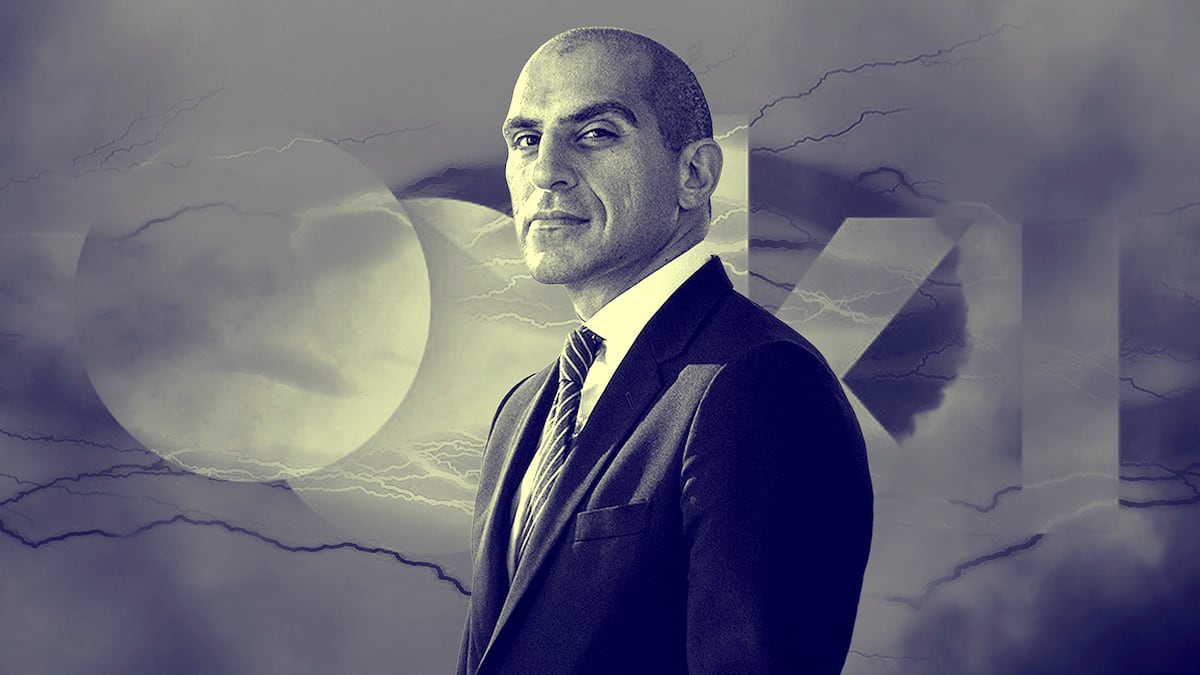- A US judge ruled that Ooki DAO should have registered with the country’s commodities regulator.
- Ooki DAO never defended itself in court.
- The resulting technical knockout cannot set legal precedent that others must follow.
A US judge ruled that Ooki DAO, a digital cooperative, is a traditional business that should have registered with the country’s commodities regulator. But the decision should have little to no impact on other DAOs.
The Commodity Futures Trading Commission sued Ooki DAO in September, arguing it functioned as an unregistered platform for commodities trading.
Ooki DAO also failed to implement required know-your customer and anti-money laundering procedures, the CFTC alleged. The CFTC served Ooki via the automated user assistance bot on its website. The industry sprung to Ooki DAO’s defence, with venture capital firms Paradigm and Andreessen Horowitz, lobbyist DeFi Education Fund, and an association of crypto attorneys called LeXpunK writing to the court in Ooki’s defence.
NOW READ: Everything is about to change at MakerDAO: Rune Christensen on his Endgame plan
But Ooki DAO never defended itself in court. The resulting technical knockout cannot set legal precedent that others must follow, according to Zach Rosenberg, principal at Degen Legal.
“No shock that nobody from the DAO appeared,” he told DL News. Doing so “would have drawn a bullseye on a DAO member’s back.”
Decentralised autonomous organisations, more commonly known as DAOs, are an emerging form of business management structure popular in the crypto industry. DAOs often have no legal entity and are governed by people who hold so-called governance tokens, which confer voting rights.
Some DAOs have proven successful. Multibillion-dollar Ethereum DeFi protocols like liquid staking platform Lido and decentralised exchange Curve have grown tremendously under DAO governance. But not all DAOs are truly decentralised, a fact that has exposed some to legal liability. And with the legal status of crypto tokens in dispute in the U.S., regulators there have argued that some DAOs are effectively unregistered businesses.
Because Ooki never defended itself in court, however, the judge granted the CFTC a “default judgement” — a ruling in which the judge was not required to “make detailed findings of fact.”
Attorneys who spoke to DL News noted that certain key facts were never argued in court, such as the CFTC’s allegation that Ooki facilitated commodities trading. The judge noted that arguments made by VC firm Andreessen Horowitz and other Ooki defenders were “limited almost exclusively to those concerning the definition and legal characterisation of DAOs more generally.”
NOW READ: ‘Sybil attackers’ raid airdrops for millions with bogus wallet addresses and cunning
“The CFTC will hold this out as meaningful precedent even though it’s a default judgement against a ‘DAO,’” Erich Dylus, an independent attorney who has advised DAOs, told DL News.
Indeed, the CFTC called the judge’s ruling a “sweeping victory” and a “precedent-setting decision.”
“This decision should serve as a wake-up call to anyone who believes they can circumvent the law by adopting a DAO structure, intending to insulate themselves from law enforcement and ultimately putting the public at risk,” Ian McGinley, the director of the CFTC’s Division of Enforcement, said in a statement.
One outstanding question looms large, however.
NOW READ: Aragon’s $200m activist battle ignites DAO debate
No Ooki members were found liable for the DAO’s failure to register with the CFTC. At the same time, the judge issued almost $650,000 in penalties against Ooki DAO. How it collects that is anyone’s guess.
The CFTC “might try to collect against the treasury, against tokenholders under a general partnership theory … or might not try to collect and just notch the [win]. Might just try to get the site pulled down,” Rosenberg said. A general partnership is a business whose owners are not shielded from legal liability, as with an LLC.
Another case making its way through federal court is testing that general partnership theory. Victims of a 2021 hack have sued Ooki precursor bZx DAO, and the judge in that case has suggested he is open to the idea that members of bZx are general partners liable for any claims against the DAO itself.
In the Ooki case, the judge “essentially held that all tokenholders, whether or not they voted those tokens, are members of the DAO,” Rosenberg said.
NOW READ: VC trio sues Curve founder for ‘deception’ and handling of trade secrets
Whether DAO members are on the hook for that $650,000, however, “was not litigated [or] determined here,” Dylus said. “So that application remains a large [and] outstanding question.”
There are more than 12,000 DAOs, which control a combined $18 billion in assets, according to DAO analytics tracker DeepDAO. Almost 7 million people own governance tokens, and more than a third are active in governance.
